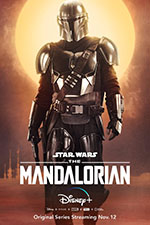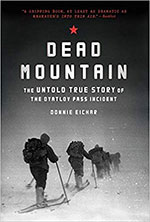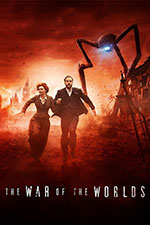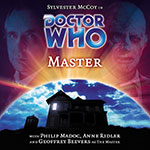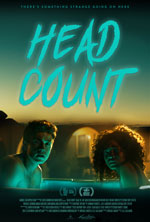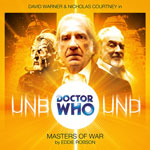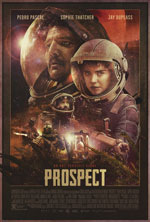(January 13 – 19)
It’s been a good writing week. I’ve taken full advantage of my extended mornings (free from having to prep the Kinderbesten for school) and written just over 3,000 new words for the novel. This falls comfortably above my target average of 600 words per day, though I expect I won’t be able to keep this rate up once the beasts return to school.
More importantly, this has very nearly brought me to the end of the chapter that I was a bit stuck on at the end of last year. I’ve stuck to my first draft philosophy—which is to just keep writing and avoid the temptation to fix potential problems—so I’m certain that a fair amount of rewriting will eventually be required, but I’m also happy with the random tangents that scenes have travelled down in some instances.
Once this chapter’s wrapped up I will be plunging straight back into the chapter that I abandoned last year. However, this time I’ve got a much better idea of where I’m starting, and where things will end up. In fact, I’m almost excited about getting stuck back in.
One good thing
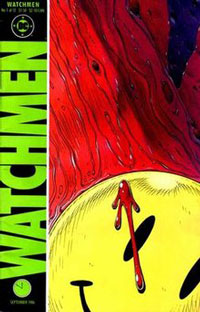
The other week I talked about the very excellent Watchmen TV series. This week I’ll talk about the original graphic novel, which I’ve reread over the last two weeks. There are dozens of things I could learn from this rightfully revered comic, but the thing the moats fascinated me on this read was how Alan Moore managed to cram so much story into each individual issue?
I typically read collected volumes of comics, but something that often strikes me when I read individual issues is how rarely I feel that I’ve been given a satisfying chunk of the story. Doubtless, one of the great challenges of the comic is how to tell a story over a strictly limited number of pages; but my view is that each issue should feel like an episode of a series (or a chapter of a book), and not just one act.
While I haven’t fully digested this latest read of Watchmen, I can see that one of the tricks Moore employs is to focus each chapter (or issue) around one of the main characters. Each issue will also typically include a number of flashbacks (which can often be delivered very economically over a panel or two). There’s also a snippet or two of information to drive the main story forward.
Consequently, we get at least three things going on in the typical issue:
- Whatever’s currently happening with the main character;
- Some background to that character;
- A progression of the main plot
There are almost always other things happening too: conversations between background characters; the additional texture added by the Black Freighter comic within a comic device. Equally, the detail in Dave Gibbons artwork, and even the layout of the pages at times, helps convey other story elements.
The result is that each chapter has limited plot progression, but as a reader you still walk away immensely satisfied due to the multiple threads of narrative combined presented in a richly detailed format in which barely even a frame is wasted.
This is why most mainstream stories will have at least an A and a B plot, but Alan Moore (with all due credit to Gibbons) has found a way of making all the plots in Watchmen equally important and thus indivisible from one another.
One bad thing
We may only be two weeks into the year, but I’m hoping to get my morning/weekly writing routine established as quickly as possible. As such I’ve been getting up at (or near to) 6am and doing as much writing as time allows. Over the last week I’ve noticed that my enthusiasm levels remain fairly high early in the week, and then take a noticeable dip from Wednesday on.
This is not ideal. My working theory is that I’m sufficiently refreshed from the weekend to hit the ground running on Monday, but the tedium of the general working week begins to grind me down relatively quickly and delivers a Wednesday slump. Once that’s passed I pick up again a bit, but I’d prefer to maintain a more even momentum during the week.
Obviously, it’s too early for a real pattern to emerge, but I’ll keep an eye on this and consider how I might give myself a little mid-week boost if it becomes an ongoing issue.





